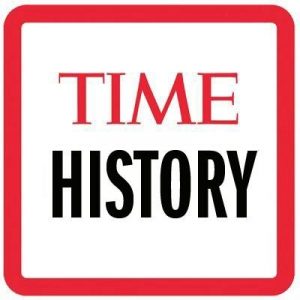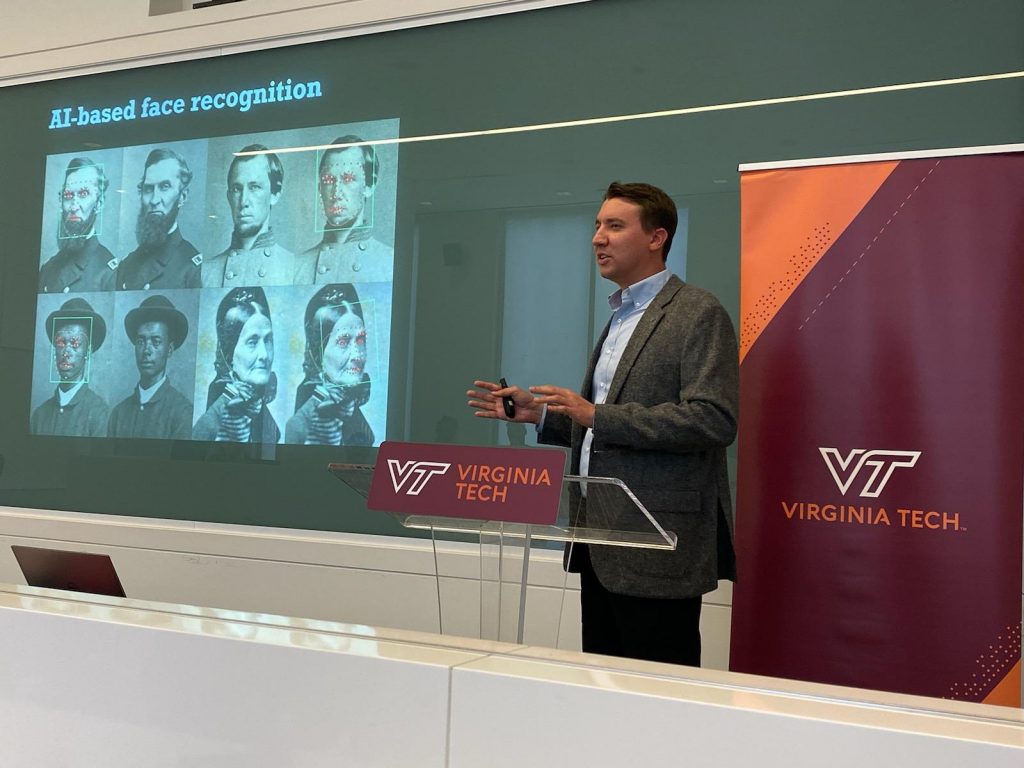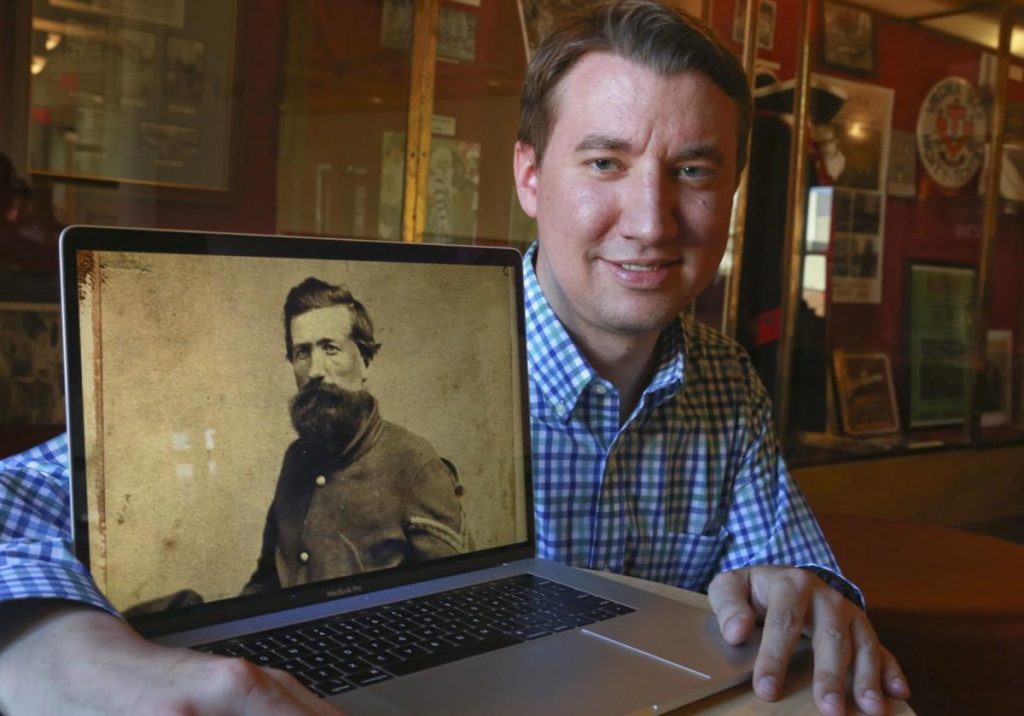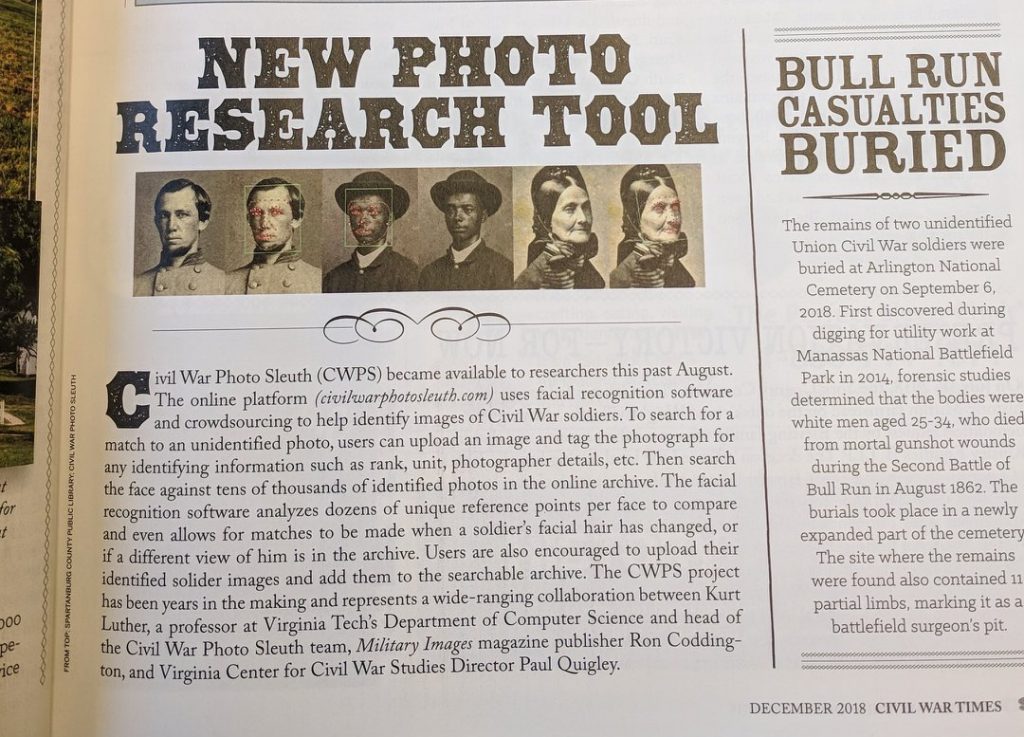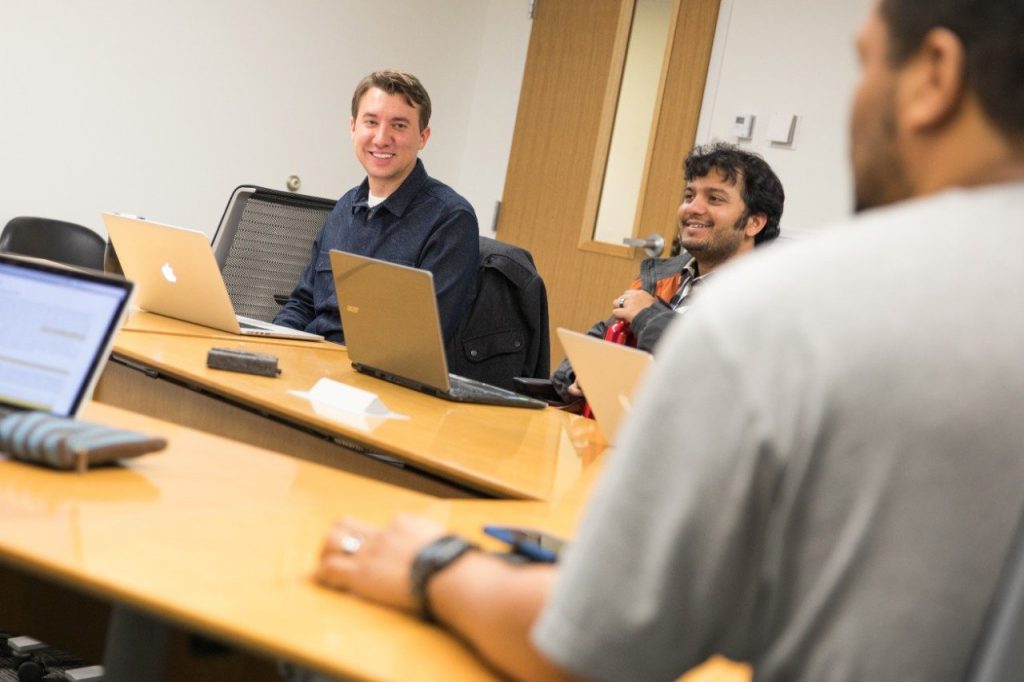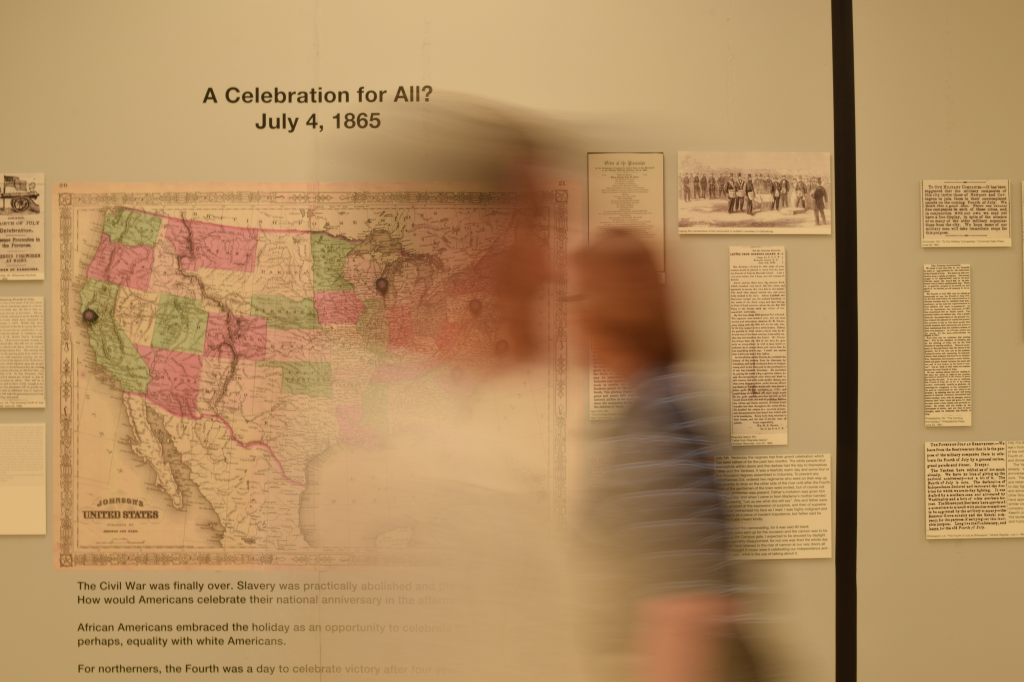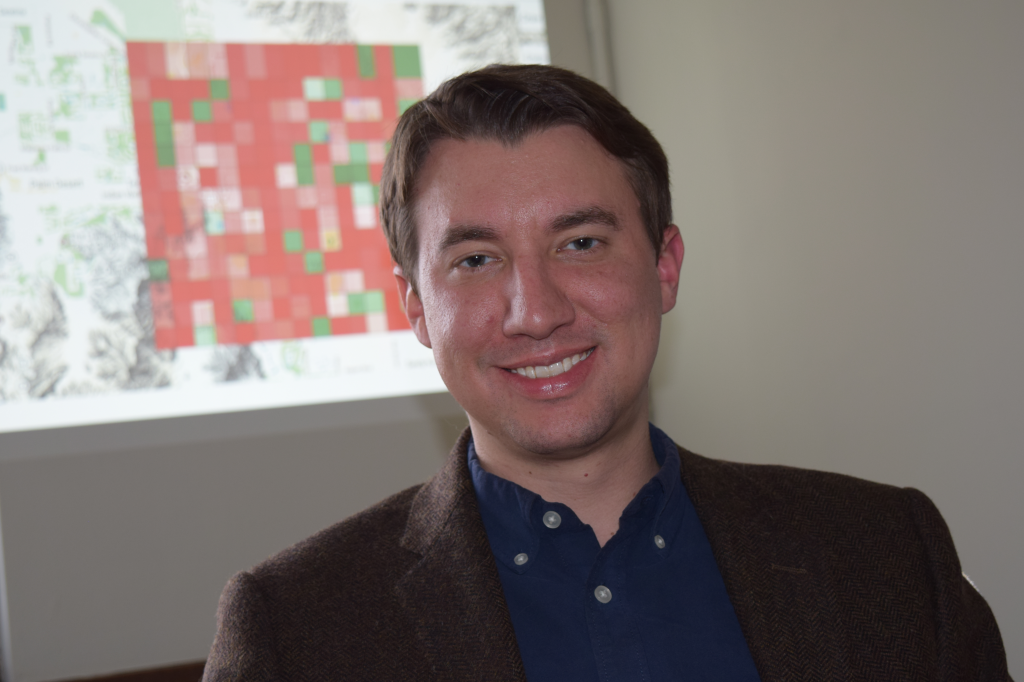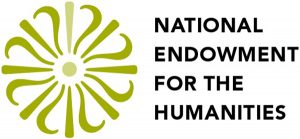
Dr. Luther is Co-PI for a new award from the National Endowment for the Humanities (NEH) Humanities Collections and Reference Resources program. The title of the project is “The American Soldier Collaborative Digital Archive.” The one-year, $50,000 award will support planning to expand our Incite software, originally developed for crowdsourced Civil War history, to the new domain of World War 2 history. The PI is Dr. Ed Gitre of Virginia Tech’s History Department.
Please read the press release, and the abstract below:
The American Soldier Collaborative Digital Archive is a project to make available to scholars and to the public a remarkable collection of written reflections on war and the armed forces by American soldiers who fought in the Second World War. In the 1940s, more than 60,000 military personnel responded in their own words to questions posed by the War Department’s new Research Branch about their time in the service. These survey responses were analyzed, summarized, and interpreted by a team of social and behavioral scientists, who after the war reported their findings in a four-volume work, The American Soldier (1949-50). While the Branch’s quantitative data was later digitized and is available through the Roper Center at Cornell University and the National Archives, the responses themselves, the very personal words of thousands of soldiers, have long remained available only to those who could to travel to Washington, DC to read the text on microfilm. Ultimately, we plan to build an online digital archive of approximately 72,000 images of the handwritten survey responses and to provide a tool that will allow these images to be transcribed by students, scholars, and the public so as to render the text searchable. In this way, we propose to quite literally write these tens of thousands of personal expressions of soldiers into the historical record. We are requesting $50,000 from the NEH to fund a yearlong planning process for this project that will enable discussions among experts from multiple organizations in military history, social science research, crowdsourced transcription, digital archiving, and interactive web design. By the end of the grant period year in spring of 2018, we will produce a list of any related primary or secondary material to be linked to or included in the digital archive; a document of technical requirements for the digital archive at its largest scale; a robust data management plan for the image and text data to ensure that it is accessible for the long term; an outreach plan to ensure that the project becomes known to willing transcribers and interested researchers; and a set of agreements concerning the work and other commitments required by involved organizations and individuals. This project seeks to contribute to the NEH’s “Common Ground” initiative and within it the “Standing Together” initiative.
